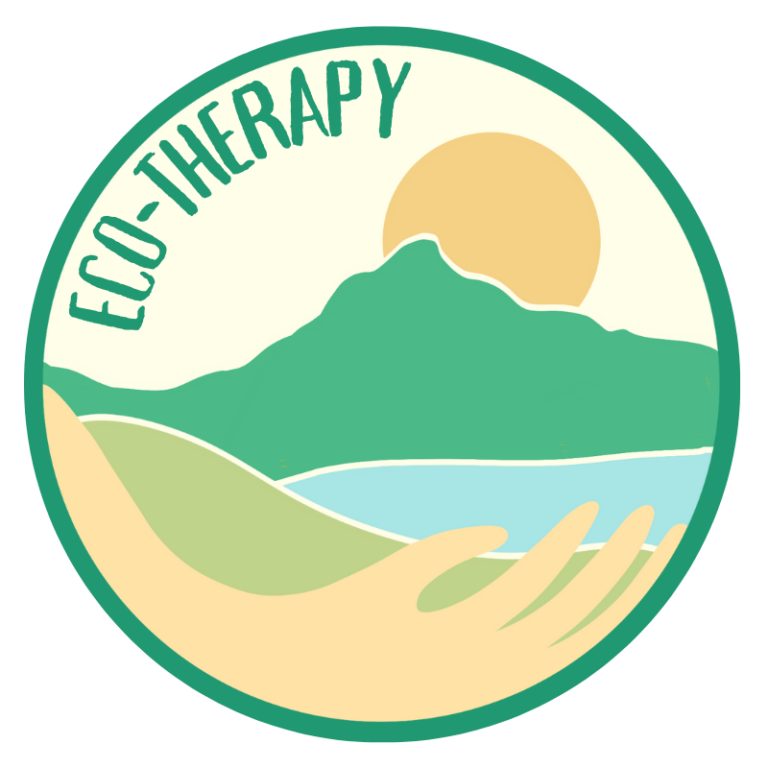Have you ever had the feeling that going for a walk, relaxing in a park or travelling to remote wilderness areas make you feel more complete and recovered from the stress of everyday life?
According to naturalist Edward O. Wilson this happens because our human identity and personal fulfilment depend on our relationship with nature, something he explains through his “Biophilia hypothesis“. Today, however, human contact with nature is becoming more and more limited. Industrialisation and the use of new technologies are gaining ground, and this is reflected especially in the younger generations who are not fully aware of the importance of nature and the ecological problems we face.
This is why initiatives such as Mind Meanwhile Wildlife Garden, an eco-therapeutic project in London, follow an eco-educative model when it comes to teaching and carrying out its activities. Eco-education can be described as a process of holistic personal growth based on reconnection with nature, in contrast to the eco-alienation that arises from a lack of it. In this way ecotherapy and eco-education become the centre of the growth and healing of the body-mind-spirit of the person. This holistic model, based on three main elements -participant, educator/therapist and nature as co-educator- allows the interdependent growth of the person and nature, improving the physical, psychological and social well-being of the person.
If you want to know more about the eco-educative model, its relationship with ecotherapy and the results obtained from its application by initiatives such as the Mind Meanwhile Wildlife Garden, read the following article: Pedretti-Burls, A. (2007). Ecotherapy: A therapeutic and educative model. Journal of Mediterranean Ecology, 8, 19-25.
Education and nature go hand in hand!
Article based on: Pedretti-Burls, A. (2007). Ecotherapy: A therapeutic and educative model. Journal of Mediterranean Ecology, 8, 19-25.
